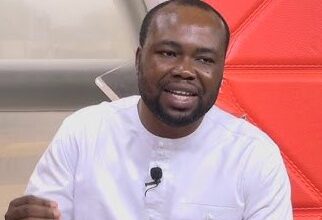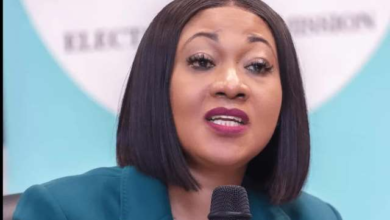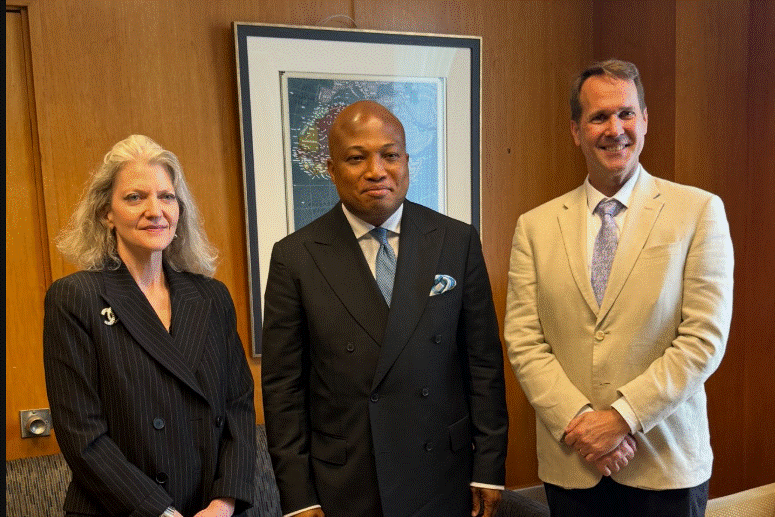Some MPs in Parliament Can’t Speak Due to Struggles with English – Former Information Minister

Theresa Lardi Awuni, the Member of Parliament for Okaikwei North, has strongly responded to claims made by a former Minister of Information regarding the English proficiency of some MPs.
The former minister had stated on a radio program that certain MPs struggle to express themselves in English, limiting their participation in parliamentary discussions. Awuni criticized the statement as unfortunate, especially coming from someone who once held the position of Information Minister.
“This is someone who once served as our Information Minister. She is my good friend, and her statement was unfortunate,” she stated.

Push for Local Language Recognition
Awuni emphasized the importance of promoting Ghana’s local languages instead of placing excessive emphasis on English proficiency. She pointed out that countries like Germany prioritize their native language, requiring even English speakers to learn German before securing employment.
“When you go to countries like Germany, even if you speak English, they insist that you learn their language first. Some people see this as racism, but I believe it is the right approach,” she remarked.

She also raised concerns about language policies in Accra, where Twi is being promoted over Ga, the indigenous language of the region. She supported the initiative, urging the Minister of Education to carefully consider policies that prioritize and preserve Ghana’s linguistic heritage.
“In Accra, students are being encouraged to learn Twi instead of Ga, and I think this is a good practice. Therefore, we appeal to the Minister of Education to consider this matter carefully and take appropriate action,” she urged.

Call to Action
Awuni reiterated the need for Ghana to take pride in its diverse languages. She called on the Minister of Education to implement policies that support local language development in governance and education.
Her appeal underscores the need for a more inclusive linguistic policy in Ghana, ensuring that language barriers do not hinder parliamentary participation or national development.




